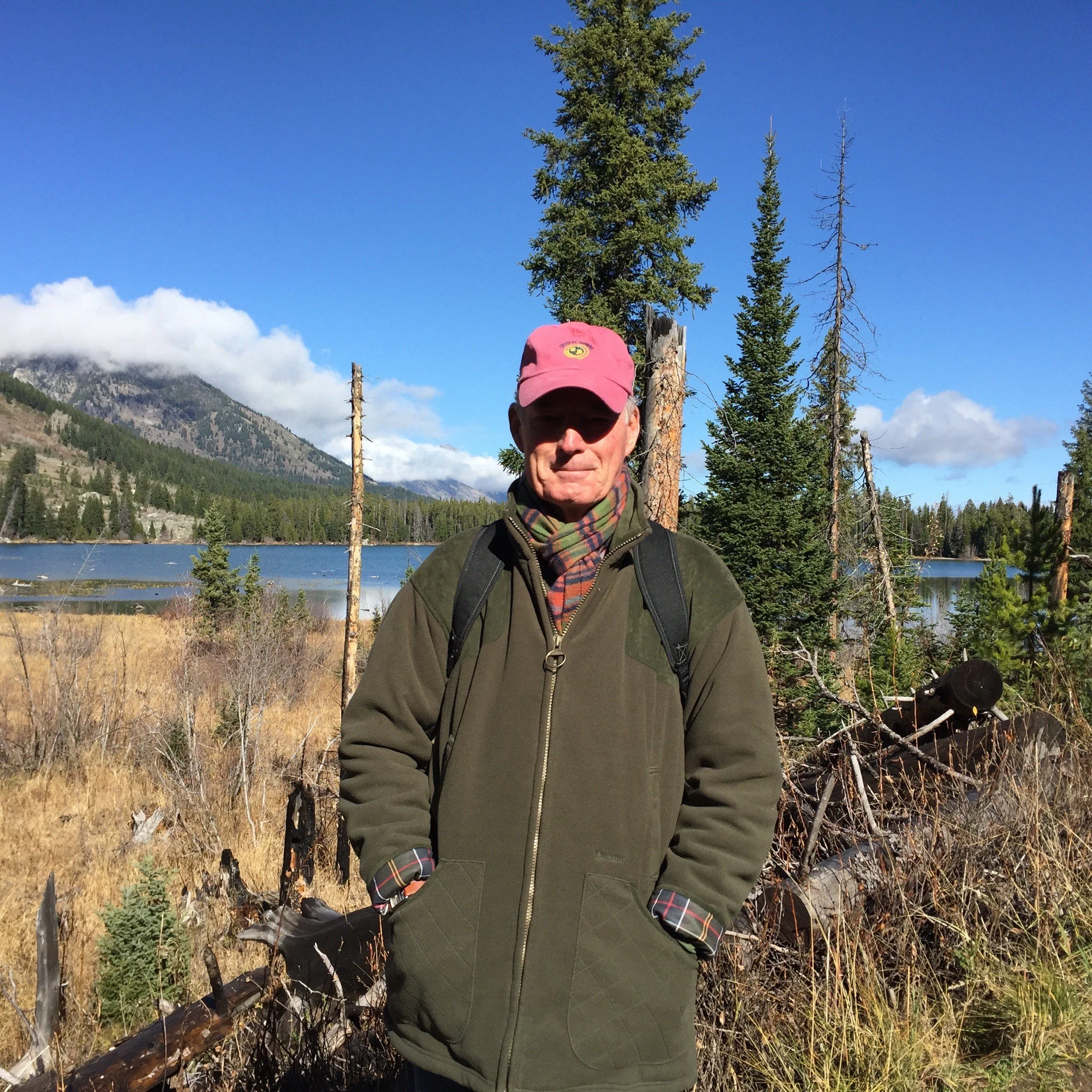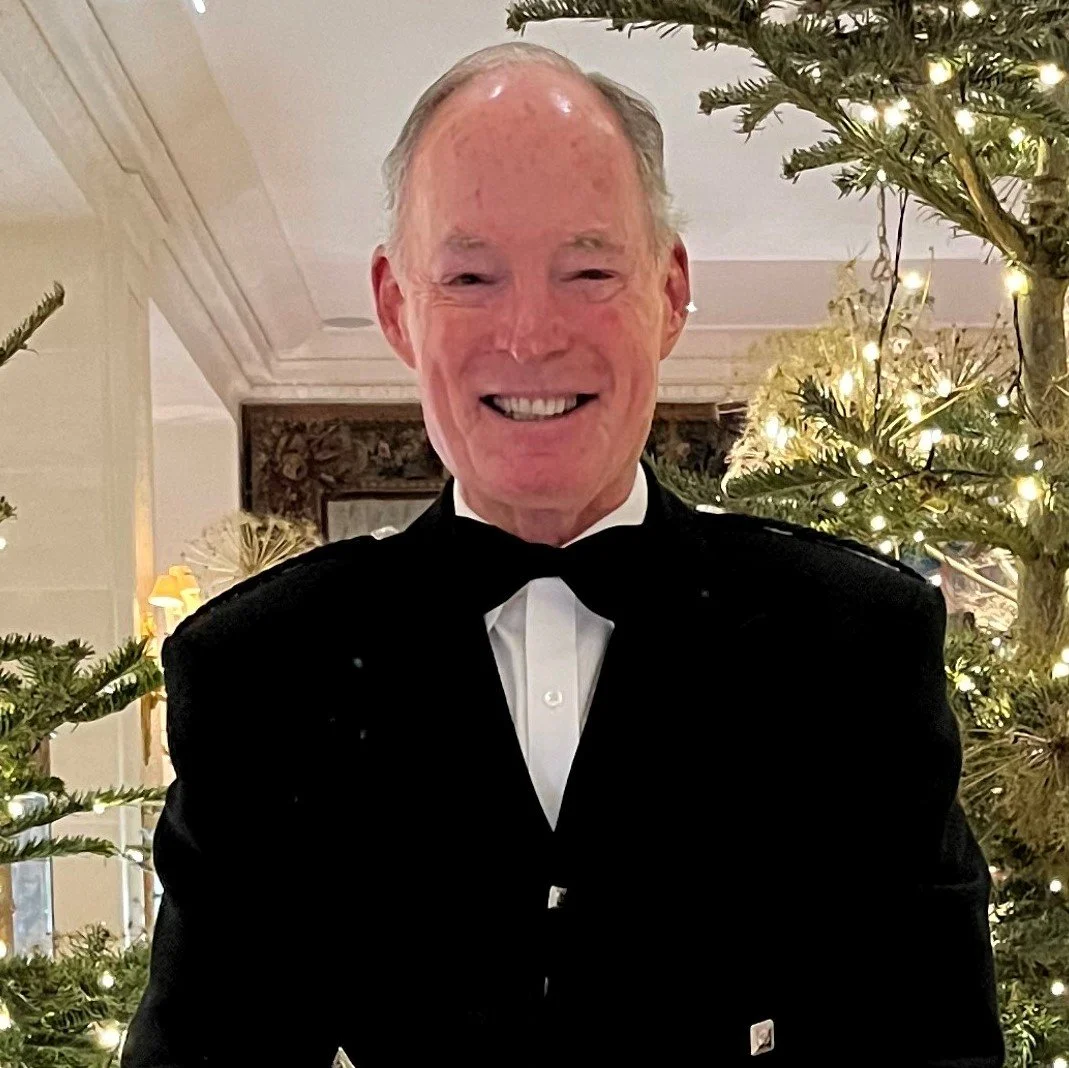THE LEADERS’ INSIGHTS
ATHENA & TELEMACHUS MENTORS
Richard F. Colker is Founder and Managing Partner at the Colker, Gelardin & Co, a private investment banking partnership whose main activities are international corporate finance advisory services for important global entrepreneurs and multinational family-controlled companies.
Q: What key moments or choices have most shaped your professional journey?
Taking a sabbatical year at age 30 to go to Paris to learn French; read books; learn about food and wine and music and other cultural pursuits missing from my Midwestern American upbringing. This experience enriched me as a person and opened the door to a global professional career.
Working in New York and London as Head of European Investment Banking for a major NY Investment Bank.
The decision to create a new Investment Banking Partnership in London focusing upon the major families and important global entrepreneurs.
Becoming the first American in the history of the Paris Stock Exchange to be CEO of a CAC 40 publicly quoted company (Havas Group - 400 companies; 15,000 employees);
Becoming Chairman of a large hotel group in Scotland.
Advising MBA students at UCLA about new business opportunities, which led to new business opportunities for myself.
Supporting a young friend in a new FINTECH business venture.
Q: Did mentoring play a role in those moments, if so how?
Mentoring has inspired me to establish new ventures and has allowed me to be introduced to impressive people who are keen and enthusiastic and appreciative of my help. This has proven both satisfying and has provided fuel for my own enthusiasm and desire to create and develop new ventures.
Q: Can you share an experience when you had to make difficult choices in your professional life and how you handled it?
A major investment banking client personally gave me the responsibility to negotiate the price to be paid for a multi-billion dollar acquisition directly with the target company. I had to draw the line on how much we would pay knowing that if I got it wrong we would likely lose the deal to another bidder. I decided not to pay what the target asked even though it was not my money on the line. Fortunately, we did the deal. If I had gotten it wrong, I would have lost my most important client.
"What is life if not to be lived."
Q: What’s the most surprising or transformative lesson you've learned from mentoring someone, or being mentored yourself?
How many good and talented and enthusiastic young people there are out there.
Q: How do you tailor your mentorship approach to support individuals from other cultures, or underrepresented genders and backgrounds?
My international experience of working in several countries and working with many different cultures around the world has made me both comfortable and knowledgeable in mentoring individuals from different cultures.
Q: Looking back, what mindset or habit most contributed to your long-term success and resilience?
Having good intuition; being well organised; being open minded and honest; being hard working; being upbeat and positive; not accepting ‘no’ or ‘you can’t succeed’, as an answer.
Q: What’s a common misconception about our societies or systems that you often find yourself challenging?
That the American Dream is dead.
Q: What new trends or shifts are you seeing in workplace culture or leadership?
Working from home is becoming the norm for many people. The thinking that there is no longer a need for a physical head office and that a business can be run via Zoom calls even with the businesses and employees are in multiple locations.
Q: In the age of hybrid work and AI, what is one piece of career advice you would give younger professionals or professionals who are looking to pivot?
The adage nothing ventured, nothing gained, is still correct. Don’t be afraid to take risks, but do your homework and due diligence before and be willing to accept failure and all the implications of failing. Understand that the creation of AI will likely be bigger than the creation of the internet. Embrace AI and learn and grow with it and actively seek opportunities as a result of it.
Q: Tell us about your society/country, what social shifts do you observe? Are tech and innovation being harnessed for good?
Some tech and some innovation are indeed being harnessed for good. Social shifts are many. There is social conflict everywhere. Many women want it all: a successful and rewarding career; motherhood; and a husband to be proud of. Women are frustrated with men eg they don’t find men to look up to and respect and be inspired by. The tech revolution and its devices have bred less good communication between people. People, not machines, still run businesses. More and more people see things negatively and are depressed. The lack of quality leaders in government; in companies; and in families have created major societal problems. Standards are falling; being replaced by mediocrity. Something has to give, and it will.
Q: How can we support entrepreneurial thinking among young people and women?
By being entrepreneurial ourselves and showing the positive results from positive thinking; successful creations; being dynamic; having good values, being interesting, well-rounded people who embrace life to the fullest. I try to inspire young people. It can be, and is being done.
Q: A motto you live by?
What is life if not to be lived.



